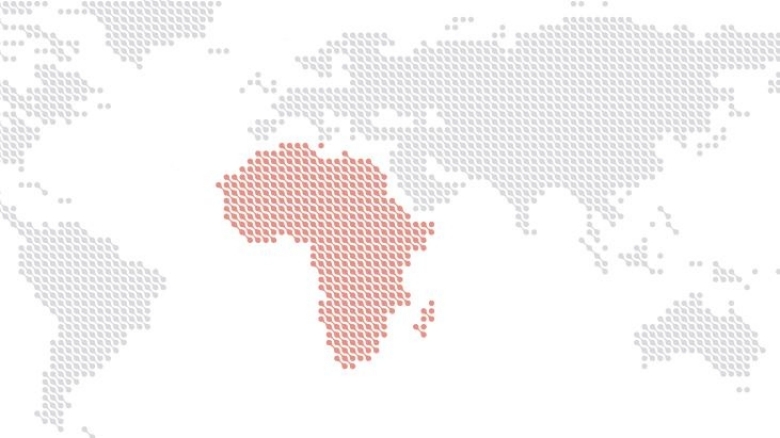ABIDJAN, June 28, 2016 — A new assessment of the quality of government policies and institutions that support growth and poverty reduction in Africa shows some progress for a few countries but flat or deteriorating scores for the majority, according to a new World Bank Review.
The latest Country Policy and Institutional Assessment (CPIA) for Africa describes the progress made in low-income African countries to strengthen their policies and institutions that help to spur better development outcomes.
The CPIA evaluates countries on a scale of 1–6 (with 6 as the highest and 1 as the lowest) using 16 indicators in four areas to determine a country’s final score. These areas include economic management, structural policies, policies for social inclusion and equity, and public sector management and institutions.
The results show the overall score for Africa was 3.2, the same as last year. Out of 38 countries assessed, seven saw an improvement in the overall evaluation of their institutions that matter for development. These gainers are Ghana, Zimbabwe, Central African Republic, Chad, Comoros, Guinea, and Niger. Twelve countries saw a deterioration in their CPIA score, with Burundi and The Gambia seeing the sharpest declines.
A weakened global economic environment was the backdrop for these developments. The impact of a more difficult economic environment on the scores pertaining to economic management was particularly visible. A more difficult external environment and reduced policy buffers heightened economic vulnerabilities in several countries. In this context, thirteen African countries saw their scores measuring economic management policies decrease.
CPIA scores are used to measure the institutional context in which development programs are implemented, as well as to determine the allocation of zero-interest financing for the countries eligible for support from the International Development Association (IDA), the World Bank Group’s concessional fund for the world’s poorest countries.
Progress for some countries, slippages for others
Rwanda was once again the continent’s top performer, registering a 4.0 overall CPIA score. Cabo Verde, Kenya, and Senegal scored an overall 3.8 score. Eritrea and South Sudan were at the low end of the range, with slippages in several policy areas edging down their scores to 1.9.
The latest assessments indicate that the encouraging trend in governance registered in 2014 has stalled. Nearly one-fourth of African countries saw an improvement in this category last year, this time around only seven did. On the other hand, there were gains in the quality of public financial management and property rights in Comoros and Ghana, helping them to improve their governance scores.
“The decline in performance was particularly evident in Burundi and South Sudan,” said Punam-Chuhan Pole, World Bank lead economist and author of the report. “The escalation of violence and political and ethnic conflict underscore the need to address the drivers of fragility and to make public institutions more accountable for delivering human development services, security, and justice to citizens.”
There were fewer country-level movements in the other clusters measured by the CPIA.
This year, the report notes a convergence in the average score for Sub-Saharan Africa’s IDA countries with that of all IDA countries in the world.
Fragile countries continue to lag behind non-fragile countries in the continent, as the latter have comparable scores to non-fragile countries around the world. At the same time, fragile African countries lag comparable countries outside the region, with their scores on governance driving down their overall scores.
